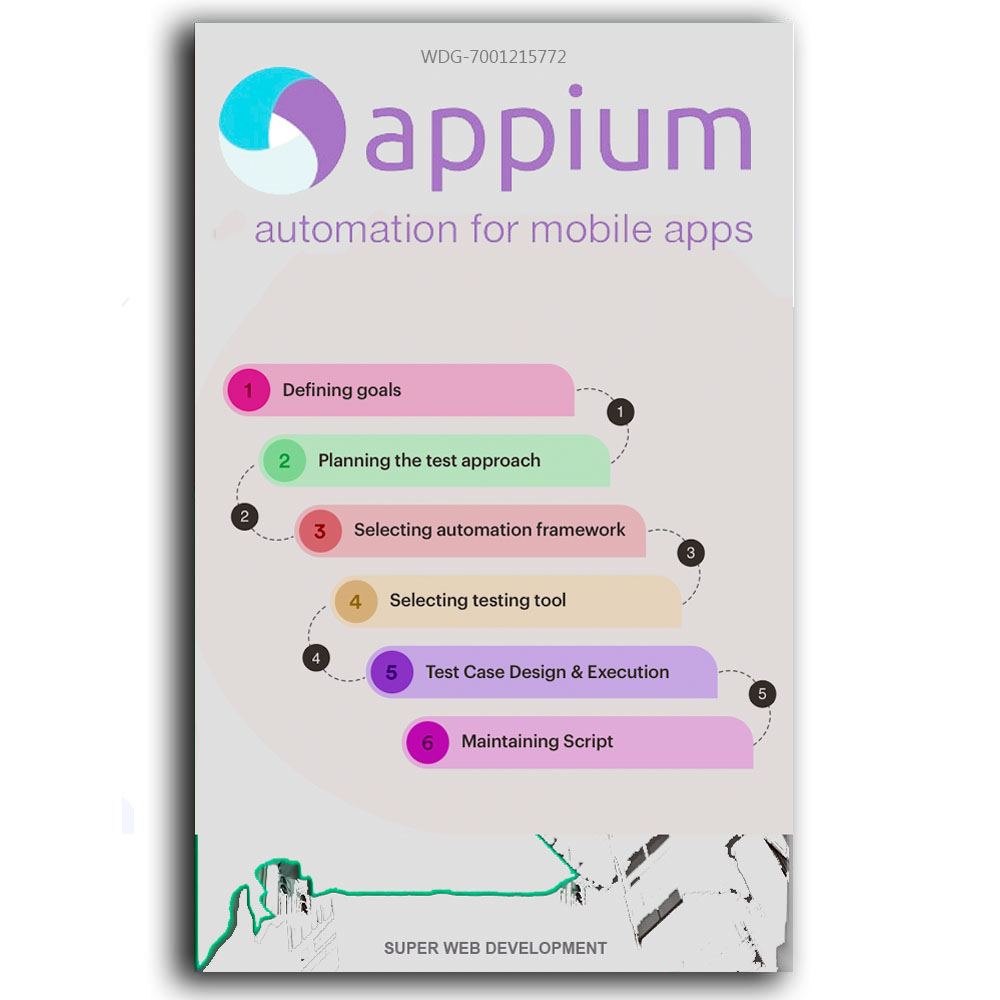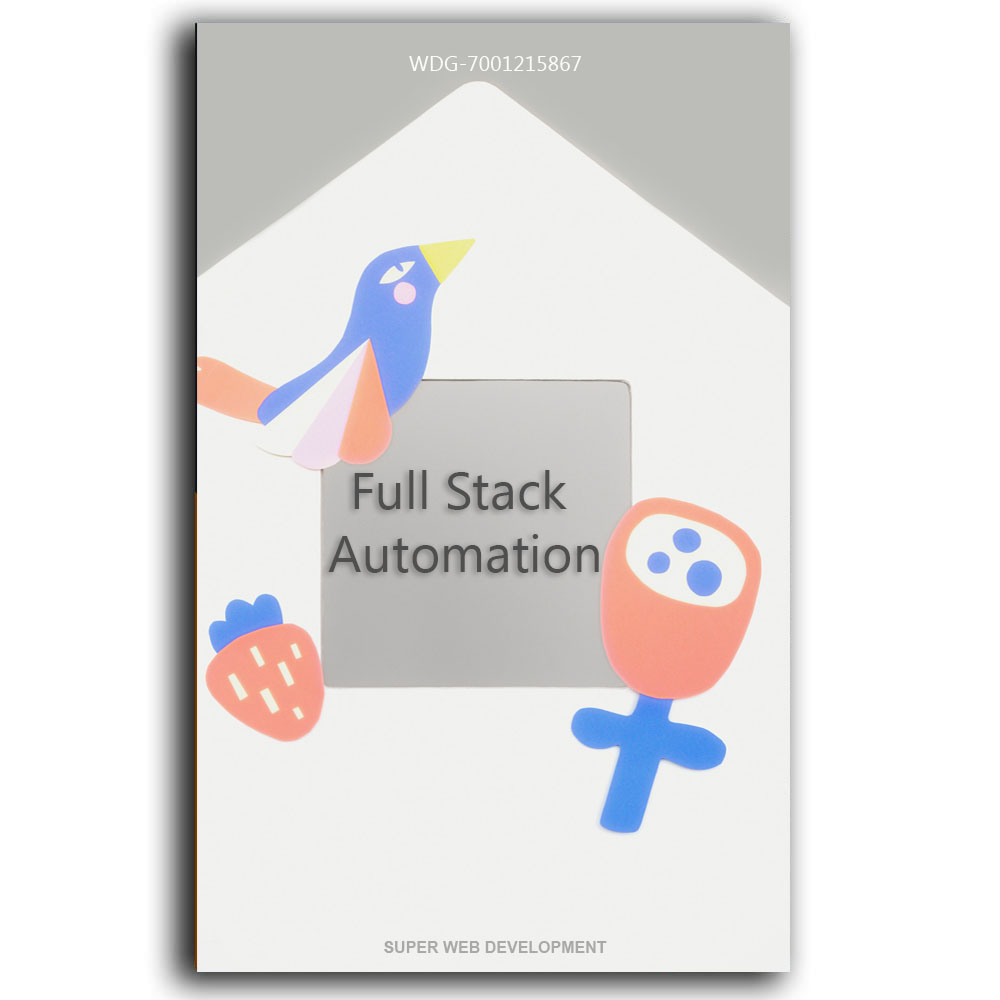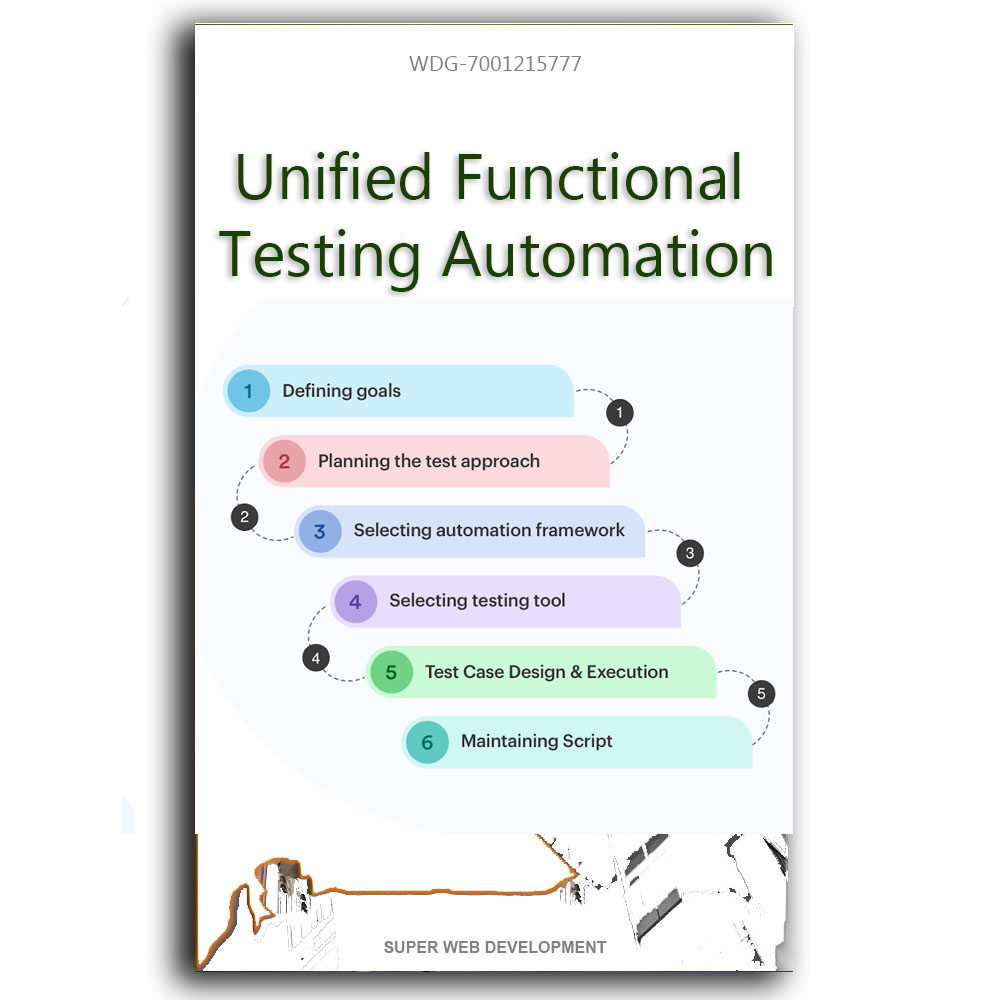Selenium Automation Test
Selenium automation is used by various professionals and roles involved in web application development and testing. Here are some of the key users of Selenium automation:
- Software Testers
- Quality Assurance (QA) Engineers
- Developers
- DevOps Engineers
- Automation Engineers
- Product Owners and Business Analysts
- Software Consultants and Freelancers
Selenium is a popular open-source framework used for automating web browsers. It allows developers and testers to write scripts in various programming languages (such as Java, Python, C#, etc.) to interact with web applications and perform automated testing or tasks.
Here’s a brief description of Selenium automation:
- Web Browser Automation: Selenium provides a set of APIs that enable developers to automate web browsers like Chrome, Firefox, Safari, and others. It can simulate user actions such as clicking buttons, filling forms, navigating through pages, and extracting data.
- Cross-Browser Compatibility: With Selenium, you can write automation scripts that are compatible with multiple web browsers. This allows you to ensure that your web application works consistently across different browsers and versions.
- Programming Language Support: Selenium supports multiple programming languages, making it flexible for developers to choose their preferred language. The supported languages include Java, Python, C#, Ruby, JavaScript, and more.
- Selenium WebDriver: WebDriver is a crucial component of Selenium that provides a programming interface for controlling web browsers. It allows you to interact with elements on a web page, handle alerts, switch between frames/windows, and perform advanced interactions like mouse actions and keyboard input.
- Test Automation: Selenium is widely used for automated testing of web applications. Testers can create test cases and scenarios using Selenium’s APIs to perform functional testing, regression testing, and integration testing. Automated tests can be executed repeatedly, providing faster feedback and improving overall software quality.
- Integration with Testing Frameworks: Selenium can be integrated with various testing frameworks like JUnit, TestNG, NUnit, and others. This enables testers to organize and manage their test cases efficiently, generate reports, and execute tests in a controlled manner.
- Parallel Execution and Grid: Selenium Grid allows you to distribute your tests across multiple machines or virtual machines, enabling parallel execution of tests. This helps in reducing the execution time and increasing the overall efficiency of test automation.
- Community and Support: Selenium has a vast and active community of developers and testers who contribute to its growth and provide support. There are numerous online resources, tutorials, forums, and documentation available to help users learn and resolve any issues they encounter while using Selenium.
WDG’s Selenium automation empowers developers and testers to automate repetitive tasks, perform comprehensive web application testing, and ensure the quality and reliability of their software. It’s a powerful tool for web automation and has become a standard choice in the industry.
Who use Selenium automation?
Selenium automation is used by various professionals and roles involved in web application development and testing. Here are some of the key users of Selenium automation:
- Software Testers: Testers extensively use Selenium automation to create and execute automated test scripts. They leverage Selenium’s capabilities to perform functional testing, regression testing, and integration testing of web applications.
- Quality Assurance (QA) Engineers: QA engineers utilize Selenium to ensure the quality of web applications by automating repetitive testing tasks. They create test cases, perform test data setup, execute tests, and analyze test results using Selenium’s features and integration with testing frameworks.
- Developers: Developers use Selenium to perform automated testing during the development phase. They can write Selenium scripts to validate the functionality and behavior of their web applications and catch issues early in the development lifecycle.
- DevOps Engineers: DevOps engineers incorporate Selenium automation into their continuous integration and continuous delivery (CI/CD) pipelines. They use Selenium to run automated tests as part of the build and deployment process, ensuring that any changes to the web application do not introduce regressions.
- Automation Engineers: Automation engineers specialize in creating and maintaining automated test frameworks and infrastructure. They leverage Selenium to build robust and scalable automation frameworks that can be used across projects and teams.
- Product Owners and Business Analysts: Product owners and business analysts may use Selenium to validate the functionality of web applications and ensure that the implemented features meet the desired requirements.
- Software Consultants and Freelancers: Selenium automation is also utilized by software consultants and freelancers who offer testing and automation services to clients. They leverage Selenium’s capabilities to automate tests, perform code analysis, and deliver high-quality software solutions.
It’s worth noting that while Selenium is primarily used for web application automation, its applications extend beyond testing. Some users leverage Selenium for web scraping, data extraction, and other web-related tasks where automation is required.
In summary, Selenium automation is used by a wide range of professionals involved in web application development, testing, quality assurance, and related fields.
User Reviews
Only logged in customers who have purchased this product may leave a review.







There are no reviews yet.